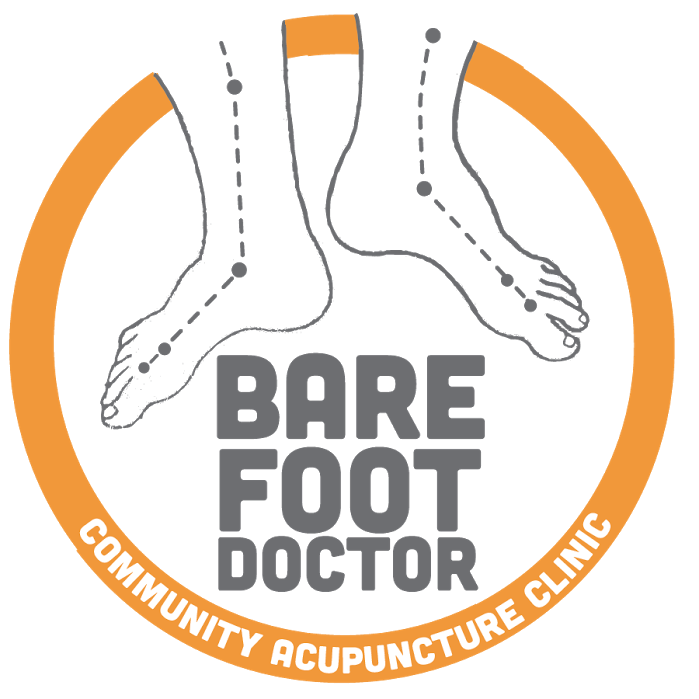What is a "barefoot doctor"?
“Barefoot doctors” first existed in China during the Cultural Revolution. The farmers who received training worked in their own rural villages in order to bring health care to areas in which urban-trained doctors would not settle. They promoted basic preventive health care and family planning, and treated common illnesses. The name "Barefoot doctor" originates from southern farmers, who would often work barefoot in the rice paddies.
Barefoot doctors acted as primary healthcare providers at the grass-roots level. Often, they grew their own herbs in their backyards. They were involved in farm work, spending as much as 50% of their time on farming; As a result, rural farmers perceived them as peers and respected their advice. They were also integrated in a system where they could refer seriously ill people to township and county hospitals.
The system of barefoot doctors was among the most important inspirations for the WHO, who in 1978 signed a declaration unanimously calling for local communities to participate in deciding priorities in health care. This declaration called for an emphasis on primary health care and preventative medicine, and, most importantly, sought to link medicine with trade, economics, industry, rural politics, and other political and social areas.
We chose to name our clinic after these community-members-turned-doctors because we identify with the need for this type of relationship in modern healthcare. Just like the “barefoot doctors”, we are attempting to fill a void, and we enjoy treating people who are our neighbors, friends, and family. We see ourselves not as educated superiors who should be valued by our community as such, but as service providers who have been trained in a skill that can and should be utilized as an accessible health care tool. We are just one part of what is necessary in order to help our neighborhood and all of the people within it thrive.

